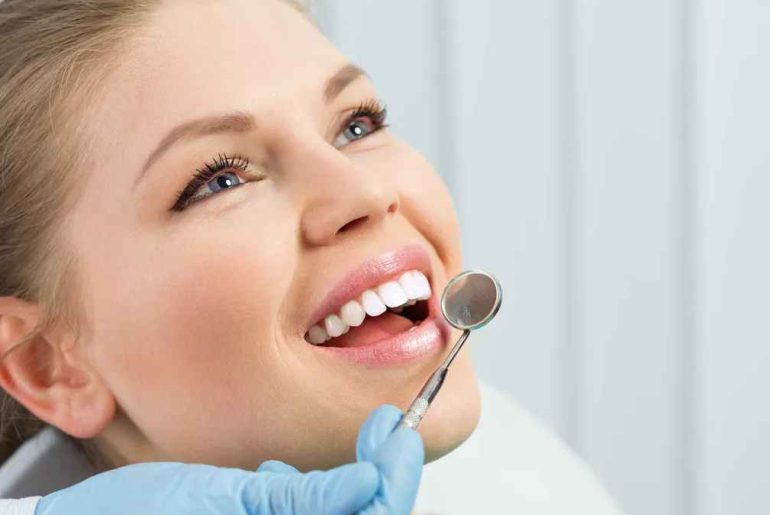Sleep apnea is a significant disorder that could impair not just your sleep but also your general health. While numerous patients seek comfort from their medical physician, a dental sleep medicine specialist can also help. With the right training and skills in dental sleep medicine, Barry Chase DDS provides safe and effective therapies to patients across New York to ensure they breathe correctly at night. As a result, you may avoid using machines or other intrusive solutions. Continue reading to learn more.
Understanding Sleep Apnea
Sleep apnea is a prevalent concern among the elderly and those who are obese. This condition develops whenever an individual’s airway is blocked by extra tissue in the throat while sleeping. As a result, the individual experiences breathing difficulties throughout the night. Breathing might be affected for several seconds or minutes.
Common side effects of sleep apnea include irritability and fatigue. However, sleep apnea could also result in cardiovascular issues, such as stroke and cardiac attacks.
How Can A Dental Sleep Medicine Expert Help?
Considering that sleep apnea is caused by oral tissue blocking the airway, your provider should be a valuable resource in helping a patient address the condition. At a regular dental exam, patients must describe their symptoms, including snoring, waking up multiple times during the night, and feeling foggy the following day. Your specialist will check the throat and mouth for unusually big tissues, as well as perform X-rays.
Once a correct diagnosis is determined, your doctor will suggest one of the following solutions:
Tongue Depressors
The battle with sleep apnea can start with the tongue for some folks. In this case, the tongue will roll back into the throat and touch the mouth’s top after falling asleep. This condition could obstruct the airway, making it difficult for oxygen to enter and leave the body.
A device known as a tongue depressor can hold your tongue in position throughout the night, maintaining the airway clear. Your dental sleep medicine specialist will customize a device that fits well with your mouth and advise you on how to use it correctly.
Oral Appliance
Fitting clients with an oral appliance is the most typical method dentists use to fight sleep apnea. This mouthguard-like gadget tries to press the jaw, clearing the airway for more efficient breathing, indicative of the type used to cure teeth grinding. To ensure a well-fitting appliance, your dentist takes imprints of the mouth. After that, your provider will request that you arrange routine checkups to ensure the device is still in proper working order.
Surgery
Whereas conservative approaches are the most recommendable solutions for sleep apnea, you might benefit from surgery if your condition is extreme. Your dentist can employ various surgical techniques to remove the extra tissue in your throat. Other procedures might correct the tongue, palate, nose, or jawbone problems.
Are you concerned that sleep apnea affects your sleep quality and overall health? If so, consult dental sleep medicine expert Dr. Barry Chase at Chase Dental Sleepcare. Rather than using a CPAP machine, your doctor can try some alternative fixes for your sleep apnea. Arrange a consultation today through mobile or book online to determine what solution is appropriate for you.

